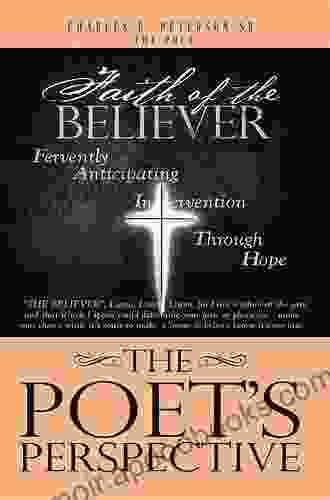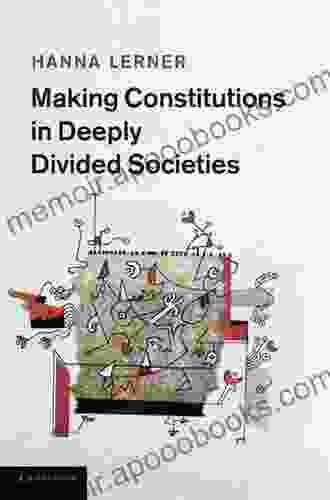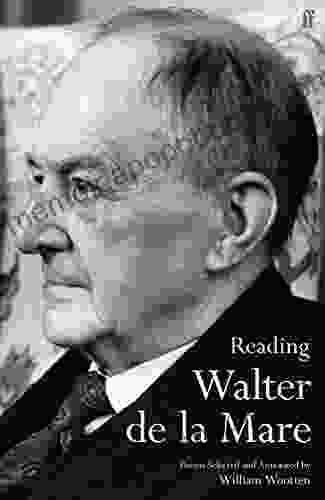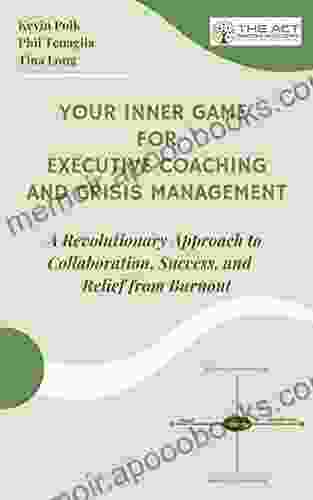Making Constitutions in Deeply Divided Societies: A Guide to Consensus-Building in the Face of Division

: Navigating the Labyrinth of Divided Societies
In the tapestry of human history, societies have often been fractured by deep-seated divisions, будь то из-за ethnic, religious, linguistic, or ideological differences. These divisions can pose formidable challenges to the establishment of stable and inclusive governance structures.
Constitutions play a pivotal role in shaping the foundations of governance and provide a framework for resolving conflicts and ensuring the rights of all citizens. However, drafting constitutions in deeply divided societies presents a unique set of complexities and challenges.
4.7 out of 5
| Language | : | English |
| File size | : | 1317 KB |
| Text-to-Speech | : | Enabled |
| Screen Reader | : | Supported |
| Enhanced typesetting | : | Enabled |
| Word Wise | : | Enabled |
| Print length | : | 273 pages |
| X-Ray for textbooks | : | Enabled |
This article delves into the intricacies of making constitutions in such societies, exploring the principles, strategies, and case studies that can guide us towards building bridges of consensus and fostering sustainable governance.
Principles of Constitution-Making in Divided Societies
- Inclusivity and Representation: Ensuring that all segments of society have a voice in the constitution-making process is paramount. This requires mechanisms for broad-based participation and representation, including marginalized groups and minorities.
- Consensus-Building: Striving for consensus, rather than majority rule, is essential for creating a constitution that all parties can embrace. This may involve protracted negotiations, compromises, and a willingness to accommodate diverse perspectives.
- Protection of Minority Rights: Constitutions must include robust protections for the rights of minorities, including safeguards against discrimination, cultural autonomy, and equitable resource allocation.
- Checks and Balances: Establishing a system of checks and balances among different branches of government and institutions can help prevent the concentration of power and protect against tyranny or oppression.
- Future-Orientation: Constitutions should be designed with an eye towards the future, anticipating potential changes in society and providing mechanisms for peaceful adaptation and amendment.
Strategies for Crafting Consensus
- Facilitation and Mediation: Impartial facilitators or mediators can play a crucial role in guiding negotiations, bridging communication gaps, and fostering a spirit of compromise.
- Dialogue and Deliberation: Encouraging open and respectful dialogue between different stakeholders is essential for building trust and understanding.
- Power-Sharing Arrangements: Creating mechanisms for power-sharing, such as coalition governments or consociational models, can help distribute power equitably and reduce the risk of domination by a single group.
- External Support and Assistance: International organizations or other external actors can provide technical assistance, facilitate dialogue, or offer mediation services to support constitution-making processes.
- Public Engagement and Education: Involving the public in the constitution-making process through education, consultations, and referendums can build legitimacy and foster a sense of ownership.
Case Studies: Lessons from Divided Societies
- South Africa: The post-apartheid constitution-making process in South Africa provides a powerful example of successful negotiation and consensus-building in a deeply divided society.
- Northern Ireland: The Good Friday Agreement in Northern Ireland established a power-sharing arrangement and cross-community institutions to address sectarian divisions.
- Israel: The Israeli constitution, though unwritten, has been shaped by a series of agreements and laws that seek to balance the interests of different religious and ethnic groups.
- Bosnia and Herzegovina: The Dayton Accords, which ended the Bosnian War, established a complex power-sharing system designed to accommodate the country's diverse ethnic communities.
- Lebanon: The Lebanese constitution, known for its intricate confessional system, has struggled to overcome historical divisions and ensure equitable representation.
: The Enduring Legacy of Consensus-Building
Making constitutions in deeply divided societies is a complex and challenging endeavor, but it is also a vital one. By embracing principles of inclusivity, consensus-building, minority protection, and future-orientation, societies can forge constitutions that lay the foundation for lasting peace, stability, and prosperity.
The case studies discussed in this article offer valuable lessons and insights into the art of constitution-making in divided societies. They demonstrate the power of negotiation, compromise, and the unwavering commitment to building a just and equitable society for all.
As we navigate the challenges of an increasingly interconnected and diverse world, the principles and strategies outlined in this article will continue to guide us towards creating constitutions that bridge divides, foster consensus, and uphold the rights of all citizens.
Further Reading
- Arend Lijphart, Democracies: Patterns of Majoritarian and Consensus Government in Twenty-One Countries (1984)
- Donald L. Horowitz, Constitutional Change and Democracy in South Africa (1991)
- Charles H. Tilly, Durable Inequality (1998)
- Valerie Bunce and Sharon Wolchik, Conflict and Cooperation in Post-Soviet Politics (2010)
- International IDEA, Constitutions for Divided Societies: A Comparative Study of Constitutional Engineering (2016)
4.7 out of 5
| Language | : | English |
| File size | : | 1317 KB |
| Text-to-Speech | : | Enabled |
| Screen Reader | : | Supported |
| Enhanced typesetting | : | Enabled |
| Word Wise | : | Enabled |
| Print length | : | 273 pages |
| X-Ray for textbooks | : | Enabled |
Do you want to contribute by writing guest posts on this blog?
Please contact us and send us a resume of previous articles that you have written.
 Book
Book Novel
Novel Page
Page Chapter
Chapter Text
Text Story
Story Genre
Genre Reader
Reader Library
Library Paperback
Paperback E-book
E-book Magazine
Magazine Newspaper
Newspaper Paragraph
Paragraph Sentence
Sentence Bookmark
Bookmark Shelf
Shelf Glossary
Glossary Bibliography
Bibliography Foreword
Foreword Preface
Preface Synopsis
Synopsis Annotation
Annotation Footnote
Footnote Manuscript
Manuscript Scroll
Scroll Codex
Codex Tome
Tome Bestseller
Bestseller Classics
Classics Library card
Library card Narrative
Narrative Biography
Biography Autobiography
Autobiography Memoir
Memoir Reference
Reference Encyclopedia
Encyclopedia Richard Beinecke
Richard Beinecke Midge Raymond
Midge Raymond Zoe Skidis
Zoe Skidis Maria Messina
Maria Messina William Shambrook
William Shambrook Richard Donald
Richard Donald Jeff Todd Titon
Jeff Todd Titon Felix Mitterer
Felix Mitterer June Francis
June Francis Tiffany Carby
Tiffany Carby Christopher Richard
Christopher Richard Philip Raymond Brown
Philip Raymond Brown David James Warren
David James Warren Howard Butcher
Howard Butcher Glenda Austin
Glenda Austin Avis R Doctor
Avis R Doctor Brian Mcginty
Brian Mcginty Russ Cheatham
Russ Cheatham Stephani L Stephens
Stephani L Stephens Jeff Apter
Jeff Apter
Light bulbAdvertise smarter! Our strategic ad space ensures maximum exposure. Reserve your spot today!
 Ismael HayesFollow ·15.7k
Ismael HayesFollow ·15.7k Evan SimmonsFollow ·5.3k
Evan SimmonsFollow ·5.3k Patrick RothfussFollow ·15.3k
Patrick RothfussFollow ·15.3k Ivan TurgenevFollow ·15k
Ivan TurgenevFollow ·15k Theo CoxFollow ·12.9k
Theo CoxFollow ·12.9k Eli BrooksFollow ·3.8k
Eli BrooksFollow ·3.8k Everett BellFollow ·8.8k
Everett BellFollow ·8.8k Albert ReedFollow ·5.9k
Albert ReedFollow ·5.9k

 Jamie Bell
Jamie BellUnlock Your Mind with "Ever Wonder Why And Other...
Prepare to...

 Robert Frost
Robert Frost30 Day Betting Challenge: Transform Your Betting Habits...
Are you tired of...

 Derrick Hughes
Derrick HughesWhat Is Victory In War? Unraveling the Enigma of Triumph
The Illusion...

 Jesse Bell
Jesse BellThe Shooters: A Gripping Presidential Agent Novel That...
Enter the Shadowy World of...

 Ernest Hemingway
Ernest HemingwayUnlocking the Theological Depths of Paul Claudel: An...
Prepare to embark on an...
4.7 out of 5
| Language | : | English |
| File size | : | 1317 KB |
| Text-to-Speech | : | Enabled |
| Screen Reader | : | Supported |
| Enhanced typesetting | : | Enabled |
| Word Wise | : | Enabled |
| Print length | : | 273 pages |
| X-Ray for textbooks | : | Enabled |














